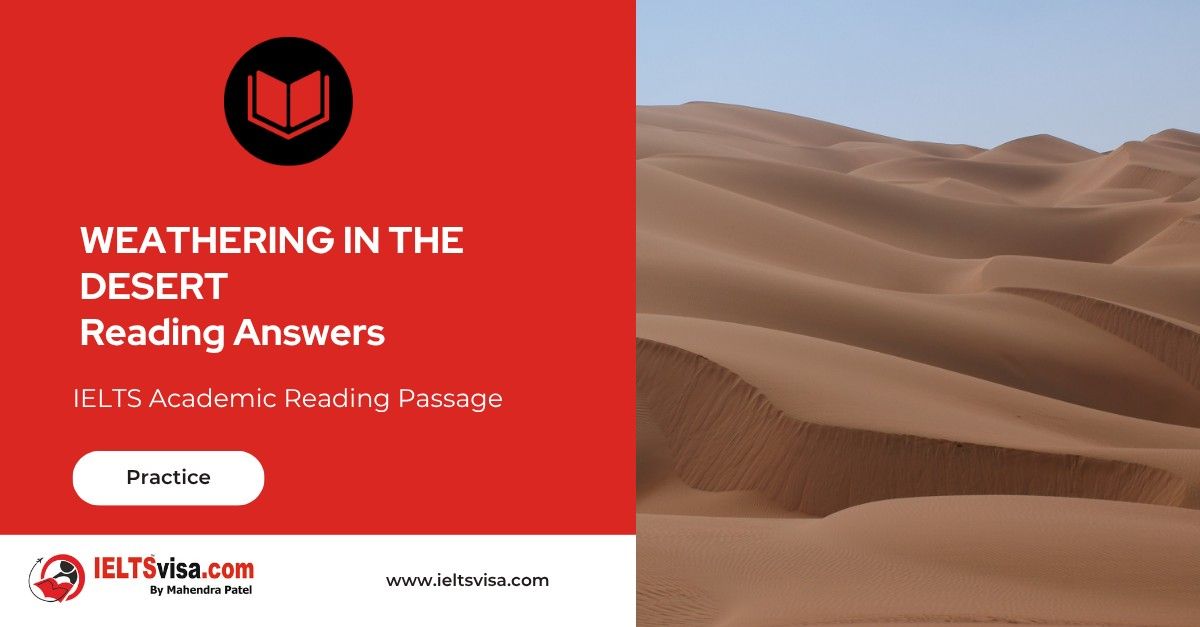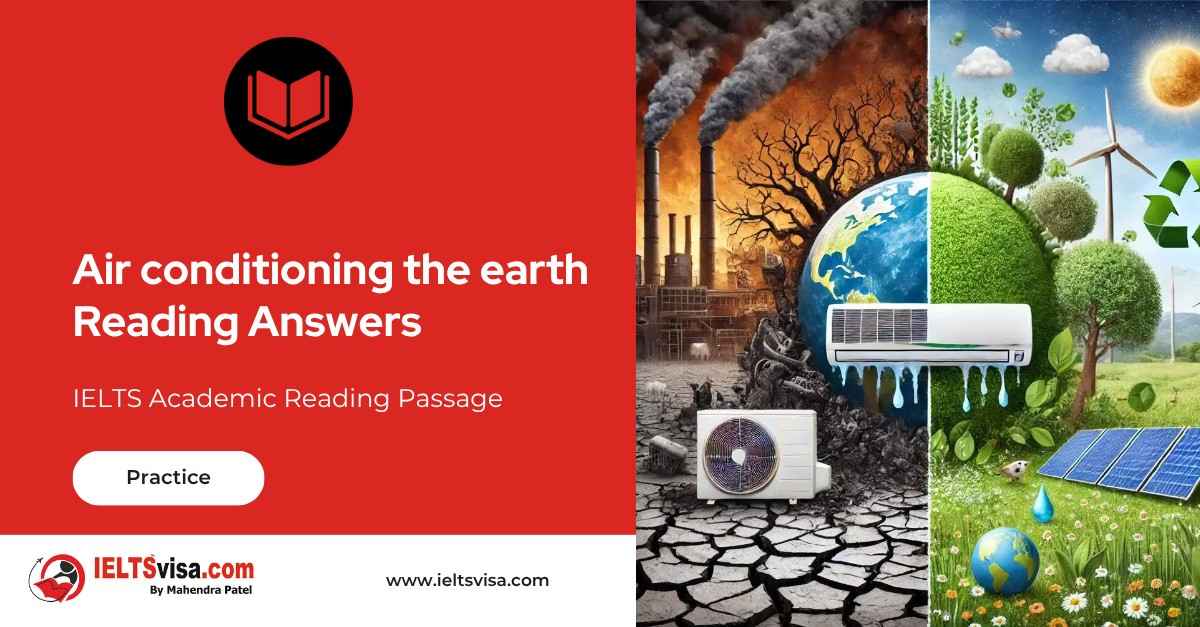From Hand to Mouth Reading Answers
IELTS Academic Reading Passage
A. Once again, southern Africa is facing a severe food crisis. It is a chronic problem and shouldn’t be. At the Trinity hospital in Malawi’s southern Nsanje district, three-year-old Mboyi is lying listless, his face against the wall. His belly is badly bloated and skin is peeling off his legs. His mother explains that the family has not been able to harvest anything this year, due to poor rains. Mothers in the area are already bringing malnourished children to hospitals in alarming numbers. Yet, it will be another six months before the next harvest.
B. Aid agencies are sounding the alarm, hoping that help will come before emaciated children’s haunting images, such as those recently seen in Niger, appear on western television screens. The UN’s World Food Programme (WFP) says that close to 12 million people across southern Africa will need food aid before the next harvest. The agency is short of more than $150 million to feed them over the next six months. Malawi and Zimbabwe are by far the hungriest, but Mozambique, Zambia, Lesotho, and Swaziland are also affected. The drought may be southern Africa’s worst in a decade. The crucial rains of January, when newly planted crops need water, did not come on time. Nor, in some places, did seeds and fertiliser. Maize, the staple food, is scarce in some areas prices in markets have shot up beyond the means of the hungriest.
C. Though the problem is particularly severe this year, it recurs across southern Africa. Food is produced mainly by subsistence farmers on small plots with no irrigation, their fate tied to rain falling in the right amount at the right time. Bad roads and unreliable transport make it expensive to move food and seeds. Without proper marketing channels, small farmers cannot sell whatever surplus they may have outside their neighbourhoods. This leaves southern Mozambicans hungry, even when crops are plentiful up north. Maize is ill-suited to the climate, needing too much water. In Malawi, there are too many people for the land. Partly due to bad farming, yields are low. And the region has the world’s highest rate of AIDS.
D. Many small farmers struggle to make ends meet even in good years, so one bad season can be disastrous. And in Swaziland and Mozambique, they are facing their fourth dry year in a row. Unable to grow enough to feed themselves or borrow their way out of hard times, farmers end up losing the few assets they have. In Malawi, those without anything left often resort to cutting and selling firewood, further eroding the soil and making their plots still less productive, or else fishing already depleted waters. Others venture into crocodile-infested rivers to dig out water-lily tubers for food.
E. Bad government policy sometimes makes things worse. In Zimbabwe, once the region’s breadbasket, land grabs have crippled commercial agriculture and irrigation systems. Hyperinflation and lack of foreign exchange make it hard to buy seeds and fertiliser, while fuel shortages stymie crop transport. A recent operation to “clean up” cities by bulldozing supposedly illegal dwellings has left another 700,000 people destitute, adding to the ranks of the hungry. The government has so far refused to endorse the UN’s proposed emergency programme to help those affected. Other governments are less bloody-minded. Malawi, the worst-hit country, with 5 million people (nearly half its population) needing food handouts, wants help. In July, President Bingu wa Mutharika asked his compatriots to give to a “feed the nation” fund: so far, $565,000 has been collected. In August, the UN appealed for $88 million. The World Bank will give $30 million.
F. Harnessing what the region already has would go a long way to offsetting its chronic hunger. In southern Malawi, rivers regularly flood and are badly managed. By contrast, a big sugar plantation in Nchalo, its sprinklers spitting out arcs of water, is a green oasis. On a smaller but no less hopeful scale, the nearby Chitsukwa irrigation scheme cost only about $20,000 and provided canals and enough low-tech pumps to water 18 hectares (45 acres), which sustain 176 farmers. Along the canal, women with babies on their backs labour on what look like portable stairmasters, pumping water into their fields: the maize is flourishing. Now armed with better knowledge, farmers are aiming at three crops a year, instead of the precarious single one to which they were accustomed. A few kilometres down the road, the land is hopelessly dry and barren.
G. Uladi Mussa, Malawi’s minister for agriculture and food security, insists that expanding small-scale irrigation is a top priority. The potential is there, he explains, but Malawi lacks the know-how and money to do it on its own. Zambia and Mozambique have both welcomed exiled white Zimbabwean farmers, whose skills are already boosting local agriculture. Meanwhile, chronic hunger is threatening southern Africa’s future generations. Close to half of Malawi’s under-five-year-olds are stunted. Schools unable to feed their pupils report drops in attendance, as children are too weak to walk or are forced to help their parents find food. For them, the damage will remain long after the rains have come.
Questions 1-4
The text has 7 paragraphs (A G). Which paragraph contains each of the following
pieces of information?
- The main reasons why there is a lack of food in southern Africa year after year
- How small development schemes can help to solve the problem
- The things that some desperate farmers do to feed themselves and their families
- The size and cost of the problem in southern Africa
Questions 5-8
Complete the following sentences using NO MORE THAN THREE WORDS from the text for each gap.
The January rains are described as ‘crucial’ because (5)______ need the water. Maize is an unsuitable crop in much of southern Africa because it requires (6)_______ In Zimbabwe, much agricultural produce cannot be moved because of (7)_____ (8)_______ can be used instead of irrigation canals to water crops
Questions 9-13
Do the statements on the next page agree with the information given in Reading
Passage 1? In boxes 9 -13 on your answer sheet, write
TRUE if the statement agrees with the information
FALSE if the statement contradicts the information
NOT GIVEN If there is no information on this
9. Some farmers didn’t get seeds to plant this season.
10. Poor infrastructure means that parts of Mozambique are without food while other parts have plenty.
11. Southern Africa does not have many of the resources it needs to help solve its food problem.
12. Zimbabwe’s government policies have actually helped neighbouring countries in one way.
13. About half of Malawi’s children aged under 5 are malnourished.

Solution For: From Hand to Mouth
Reading Answers
| 1 C | 2 F |
| 3 D | 4 B |
| 5 newly planted crops | 6 too much water |
| 7 fuel shortages | 8 Sprinklers |
| 9 TRUE | 10 TRUE |
| 11 FALSE | 12 TRUE |
| 13 TRUE |
Review and Practice
- Regularly practice with IELTS reading samples and time yourself to get used to the pressure of the exam.
- Review your mistakes to understand where you went wrong and how to avoid similar errors in the future.
Our Books
Master IELTS Speaking Part 1
IELTS Writing Task 1 Book
IELTS Writing Task 2 Book
From Hand to Mouth Reading Answers Explanation
Comin Soon
Practice IELTS Other Modules
IELTS Listening
The IELTS Listening test assesses how well you can understand spoken English in various contexts. It lasts about 30 minutes and is divided into four sections with a total of 40 questions. The listening tasks become increasingly difficult as the test progresses.
IELTS Academic Reading
The IELTS Academic Reading section assesses your ability to understand and interpret a variety of texts in academic settings. It is designed to evaluate a range of reading skills, including skimming for gist, reading for main ideas, reading for detail, understanding inferences, and recognizing a writer's opinions and arguments.
IELTS Speaking
The IELTS Speaking test assesses your ability to communicate in English on everyday topics. It lasts 11-14 minutes and consists of three parts: introduction, cue card, and a discussion based on the cue card topic.
IELTS General Reading
IELTS General Reading tests your ability to understand and interpret various types of texts. Here are some key areas and types of content you can expect to encounter in the reading section, along with tips for effective preparation.
IELTS Academic Writing Task 1
In IELTS Academic Writing Task 1, you are presented with a visual representation of information, such as graphs, charts, tables, or diagrams, and you are required to summarize, compare, or explain the data in your own words.
IELTS General Writing Task 1
In IELTS General Writing Task 1, you are required to write a letter based on a given situation. The letter can be formal, semi-formal, or informal, depending on the prompt. Here’s a breakdown of the key components to include in your letter
IELTS Academic Writing Task 2
In IELTS Academic Writing Task 2, you are required to write an essay in response to a question or topic. Here’s a guide to help you understand the essential elements of this task
IELTS Exam Tips
To succeed in the IELTS exam, practice regularly, familiarize yourself with the test format, improve your vocabulary, develop time management skills, and take mock tests to build confidence.
Grammer for IELTS
Grammar is the foundation of effective communication in English. Understanding tense usage, subject-verb agreement, and sentence structure enhances clarity and coherence in writing and speaking.
Vocabulary for IELTS
Vocabulary plays a crucial role in the IELTS (International English Language Testing System) exam, especially in the Speaking and Writing sections. Here’s an overview of why vocabulary is important and how it impacts your performance
RECENT IELTS SAMPLES QUESTIONS AND ANSWERS
Walking with dinosaurs
Peter L. Falkingham and his colleagues at Manchester University are developing techniques that...
Money as the Unit of Amount Reading Answers
The most difficult aspect of money to understand is its function as a unit of account. In...
WEATHERING IN THE DESERT
In the deserts, as elsewhere, rocks at the earth's surface are changed by weathering, which...
Nature on Display in American Zoos
The first zoo in the United States opened in Philadelphia in 1874, followed by the Cincinnati...
Can We Prevent the Poles From Melting
Such is our dependence on fossil fuels, and such is the volume of carbon dioxide we have...
Air conditioning the earth reading answers
The circulation of air in the atmosphere is activated by convection, the transference of heat...













